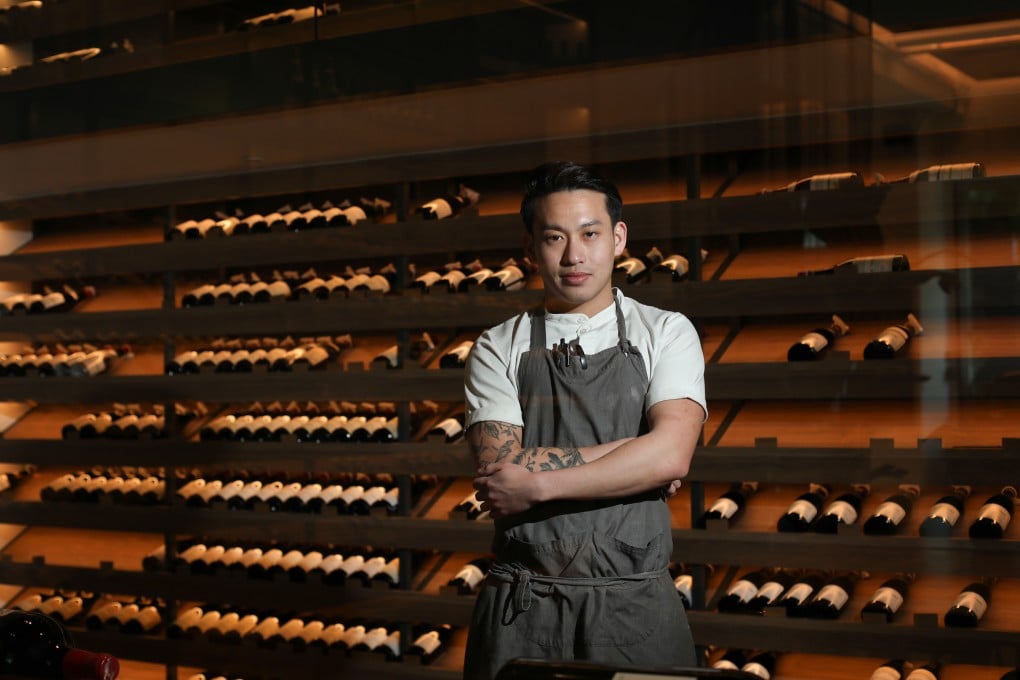Advertisement
Four Chinese chefs running French restaurants in Hong Kong on their inspirations
- These chefs all fell in love with French cuisine and changed their careers to take jobs in high-end restaurants around the world
- Inspired and mentored by some of the best chefs around, they now run their own French-inspired restaurants in Hong Kong
Reading Time:5 minutes
Why you can trust SCMP

The two years Aven Lau spent in Singapore’s compulsory National Service were vital to his development as a chef.
It wasn’t the army discipline that shaped him, however, but the plentiful free time he had, when he would voraciously consume cookbooks and watch YouTube clips by the bad boys of Britain’s dining scene – Gordon Ramsay, Marco Pierre White and Tom Aikens – who made French cuisine sexy to an international audience.
“I find that generation of chefs inspiring,” says Lau, chef de cuisine at Batard in Sai Ying Pun, Hong Kong, a restaurant known as much for offering fine wines at retail prices as for its food.
Advertisement
The 27-year-old is one of several chefs of Chinese descent who, despite not receiving formal training in France, oversee some of the hottest French restaurants in Hong Kong, each with their own character.

Lau studied marketing before dropping out to focus on hospitality. His first big break came in 2014, when he was to introduced to Julien Royer, who was opening Odette in Singapore (which was ranked number one on the Asia’s 50 Best Restaurants list in 2020, and came second on this year’s list).
Advertisement
“I’m very happy he was willing to give me chance, I was a nobody at the time,” says Lau, adding that French kitchens are excellent places to learn the fundamentals of cooking, from cold larder to meat, pastry and the all-important sauce.
Advertisement
Select Voice
Select Speed
1.00x